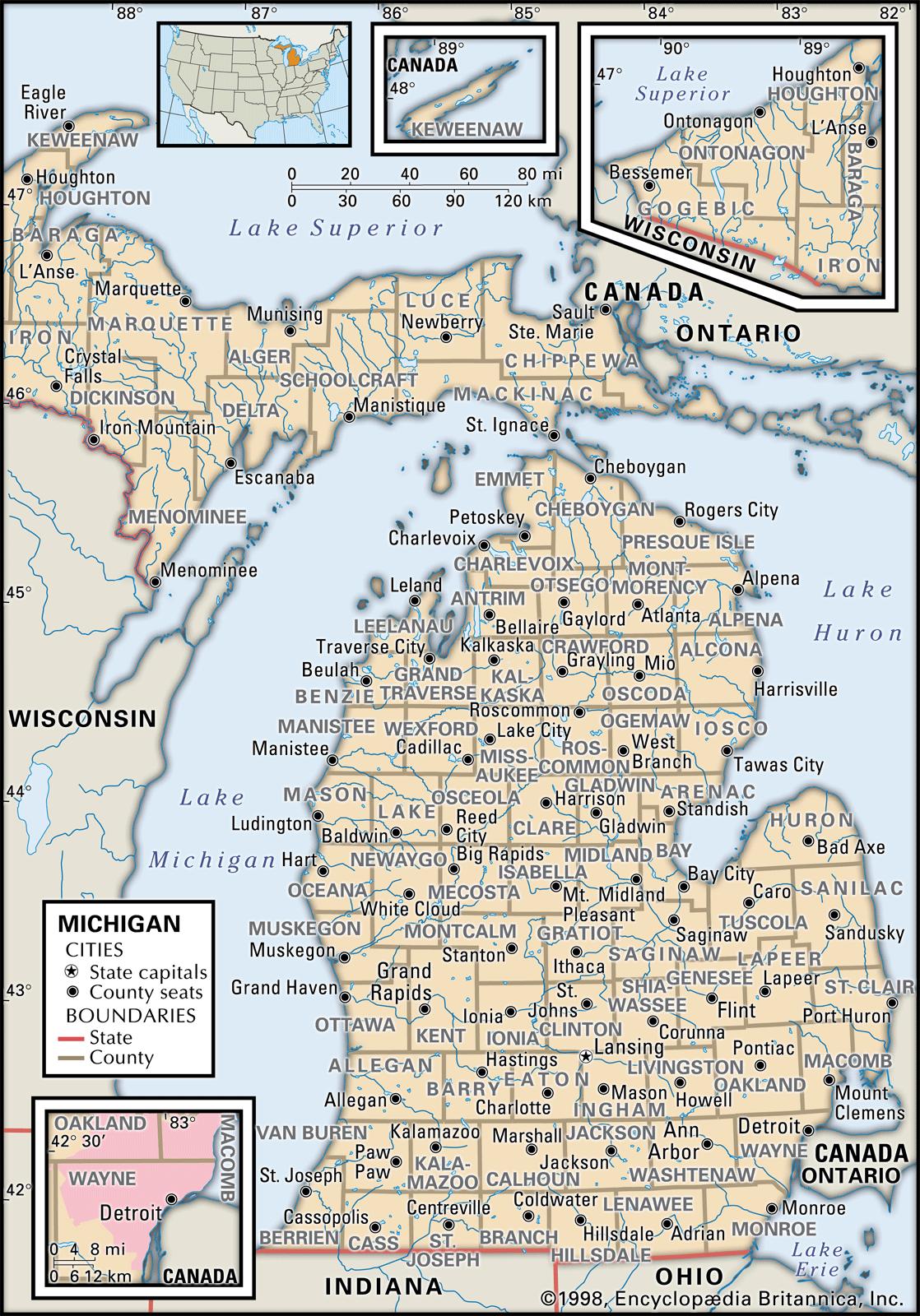📖 Article Content 📖
There's a special warmth that comes with certain people in our lives, isn't there? It's that feeling of being completely accepted, of having someone who just gets you, no matter what. For so many of us, that feeling often comes from a beloved aunt, the one we might call "mi tia cariñosa." This person brings a particular kind of caring and a deep sense of affection into our world, making everything a little brighter, a little softer. It's truly a wonderful connection to have, and it shapes so much of how we feel about family and comfort.
This idea of a "cariñosa" aunt, someone full of affection and kindness, really speaks to the heart. It's about more than just being a relative; it's about being a source of comfort, a listening ear, and a warm hug when you need it most. You know, that person who always seems to have a treat ready or a story to share, who makes you feel like the most important person in the room. It's a connection built on genuine care, and it stays with you for a very long time, actually.
Thinking about "mi tia cariñosa" brings up so many lovely images, doesn't it? It's about those small moments of tenderness, the way she might say your name, or the way she looks at you with so much warmth. This kind of affection is a beautiful thing, and it often shows up in the words we choose, too. We use certain phrases, certain ways of speaking, to show just how much someone like this means to us. It's a big part of how we express that special bond, in a way.
- Step Daughter Stuck
- Gojo With Dreads
- Post Malone Nashville Opening Act
- Jenni Rivera Autopsy Report
- Hills Bro Hills
Table of Contents
- The Heart of the Home - A Look at Mi Tia Cariñosa
- Personal Details of a Cariñosa Aunt
- What Makes a "Cariñosa" Aunt So Special?
- How Does "Mi" Show Belonging with Mi Tia Cariñosa?
- When Do We Use "Mí" for Mi Tia Cariñosa?
- Why Does "Me" Matter When Talking About Mi Tia Cariñosa?
- The Sweet Language of Affection - "Mi Amor," "Mi Corazón," "Mi Vida" with Mi Tia Cariñosa
- How Does "Me Gusta" Connect to Mi Tia Cariñosa?
- Words That Feel Like Home - "Mi Casa Es Su Casa" and Mi Tia Cariñosa
The Heart of the Home - A Look at Mi Tia Cariñosa
Every family, it seems, has that one person who just holds things together with love and a gentle spirit. This is often the role of "mi tia cariñosa," a figure who might not always be in the spotlight, but whose presence is felt very deeply. She's the one who remembers birthdays without needing a reminder, who offers a comforting word when things are a bit rough, and who can always find a reason to smile, you know? Her life story, while perhaps not filled with grand adventures, is rich with moments of kindness and connection. She builds her world around making others feel welcome and cared for, which is a truly remarkable thing.
This aunt, our "mi tia cariñosa," often embodies a quiet strength, too. She's someone who has likely seen a fair bit of life, gathering wisdom along the way. She shares that wisdom not through lectures, but through simple stories or a knowing look. Her days are probably filled with little acts of service, like preparing a favorite dish or just being there to listen without judgment. It's almost as if her entire way of being is about creating a safe and loving space for those around her, which, really, is a gift beyond measure.
Her background, in a way, is less about formal achievements and more about the cultivation of a truly kind spirit. She might have a quiet nature, but her impact is loud in the hearts of those who know her. She's the keeper of family memories, the one who reminds you of funny moments from childhood, or shares tales of generations past. This kind of person, a "mi tia cariñosa," shapes the emotional landscape of a family, just by being herself, and that, is that, a very beautiful thing.
- How To Cut A 9x13 Cake Into 24 Pieces
- Sabrina Carpenter Lizzie Mcguire
- That Mexican Ot Hair
- I Dont Know About That Meme
- Salad Dog Bistro
Personal Details of a Cariñosa Aunt
Here's a little look at the general qualities that make up a "mi tia cariñosa," because these are traits that so many of us recognize and appreciate:
| Characteristic | Description |
| Spirit | Warm and giving, with a gentle approach to life. |
| Presence | Calming and comforting, a source of peace. |
| Interactions | Always ready with a kind word or a listening ear. |
| Actions | Expresses care through small, thoughtful gestures. |
| Family Role | Often a central figure for emotional support and connection. |
| Favorite Pastime | Spending time with family, perhaps sharing stories or cooking. |
What Makes a "Cariñosa" Aunt So Special?
When we speak of "mi tia cariñosa," we are talking about someone whose very nature is filled with affection. The word "cariñosa" itself points to this, meaning "caring" or "loving." So, what truly sets this kind of aunt apart? It's not just that she's nice; it's a deeper, more consistent display of genuine warmth. She has a way of making you feel seen and valued, which is a big deal, you know? It's a comforting presence that feels like a soft blanket on a cool evening.
A "cariñosa" aunt often has a natural gift for nurturing. She might be the one who offers a cup of tea when you're feeling down, or who celebrates your small victories as if they were grand achievements. Her affection isn't something she turns on and off; it's just a part of who she is, like breathing. This consistent kindness builds a strong, lasting bond, and it's a connection that you can always rely on, more or less. It really makes a difference in a person's life.
The special quality of "mi tia cariñosa" comes from her ability to give love freely, without asking for anything in return. She might express her feelings through a gentle touch, a heartfelt compliment, or simply by being there when you need her. This selfless way of caring creates a truly special place for her in the family. It's a beautiful thing to experience, actually, and it leaves a lasting impression on everyone around her.
How Does "Mi" Show Belonging with Mi Tia Cariñosa?
When you say "mi tia cariñosa," that little word "mi" does a lot of work. It tells us that this caring aunt belongs to you, in a way. It's a simple word, but it carries a lot of personal feeling. Think about it: "mi" means "my." So, when you use it, you're not just talking about *an* aunt; you're talking about *your* aunt, the one who is special to you. This connection is quite personal, and it adds a layer of warmth to the phrase, you know?
This "mi" is what we call a possessive adjective. It goes right before the thing it describes, like "mi casa" for "my house" or "mi corazón" for "my heart." When you say "mi tia," it shows a direct connection, a sense of ownership, but in a loving way. It's not about owning a person, of course, but about the unique relationship you share. It's like saying, "this particular caring aunt is mine to cherish," which is a very sweet sentiment, really.
So, that small word "mi" helps to build the picture of "mi tia cariñosa" as someone deeply connected to you. It sets her apart from all other aunts and marks her as someone who holds a special place in your personal world. It’s a way of claiming that bond, and it feels quite natural when you say it, too. It’s a little linguistic hug, if you think about it.
When Do We Use "Mí" for Mi Tia Cariñosa?
Now, this is where things can get a little bit interesting with "mi" versus "mí." While "mi" means "my" and goes before a thing, "mí" is a pronoun, and it means "me." But here's the trick: "mí" is used when it comes after a word that shows direction or relationship, like "for" or "with." These words are called prepositions. So, if you were talking about something *for* your aunt, you wouldn't say "para mi," you'd say "para mí" if you meant "for me," for example. It's a small mark, that little line over the "i," but it makes a big difference, you see?
Let's say your "mi tia cariñosa" did something wonderful, and you wanted to say it was "for me." You would use "para mí." Or if you were talking "with me," it would be "conmigo," which is a special form of "con mí." The key thing to remember is that "mí" is always the object of one of these connecting words, not a verb. It's like saying, "This gift is for *me*," with emphasis on the "me" as the receiver of the action from the preposition, you know? It's a bit of a specific rule, but it helps keep things clear.
So, while you'll always say "mi tia cariñosa" to show she's *your* aunt, you might use "mí" if you're talking about something directed *to* or *for* yourself, in relation to her. For instance, "Ella me dio un regalo a mí" (She gave a gift to me). That "a mí" makes it clear that *you* were the recipient. It's a subtle but important distinction in how we talk about ourselves and others, especially when we want to be very precise, in some respects.
Why Does "Me" Matter When Talking About Mi Tia Cariñosa?
Then there's "me," which is another way to talk about yourself, but in a different spot in the sentence. "Me" is also a pronoun, and it often steps in when you're the one receiving the action of a verb directly or indirectly. Think about it this way: if your "mi tia cariñosa" gives *you* a hug, you might say "Ella me abraza." Here, "me" is the one getting the hug, the direct receiver of the action, you know? It replaces saying "Ella abraza a mí" in a more natural, flowing way.
This "me" can also show up when the action of the verb is directed *towards* you, even if you're not the main thing being acted upon. For instance, if your "mi tia cariñosa" tells *you* a story, you could say "Ella me cuenta un cuento." Here, the story is the direct object, but "me" is the indirect object, the one who benefits from the story being told. It's like saying "She tells a story *to me*," but in a shorter, more common way, you see? It just sounds more like everyday talk.
So, when you're talking about actions that involve you, especially from someone like your "mi tia cariñosa," "me" comes in very handy. It helps to make sentences flow better and sounds more like how people actually speak. It's a little word that helps connect the action of a verb directly to you, making it clear who is receiving the kindness or the gesture. It's almost a shorthand for "to me" or "for me" in many situations, and it's used quite often, too.
The Sweet Language of Affection - "Mi Amor," "Mi Corazón," "Mi Vida" with Mi Tia Cariñosa
Beyond just grammar, the language we use to express affection is so rich, especially when thinking about someone like "mi tia cariñosa." She might not call you "mi amor" in a romantic way, but the spirit of deep care is there. "Mi amor" literally means "my love," and while it's often used between sweethearts, it can also be a term of endearment for a child or a very close family member. It speaks to a profound connection, a feeling of deep fondness, you know? It's a way of saying, "You are someone I truly cherish."
Then there's "mi corazón," which translates to "my heart." When someone, perhaps your "mi tia cariñosa," uses this, it's a very tender way to show how much you mean to them. It's like saying, "You are a part of my very being," or "You hold a special place in my heart." This phrase carries a lot of emotional weight, and it's a beautiful way to express a deep, heartfelt connection. It really shows how much someone cares, in a way.
And consider "mi vida," meaning "my life." This one might seem quite strong, but when used by a loving aunt, it conveys that you are incredibly important to her, that your presence adds so much to her existence. It's not meant to be taken literally as "you are my entire life," but more as "you bring so much joy and meaning to my life." These phrases, when spoken by a "mi tia cariñosa," are like little verbal hugs, full of warmth and genuine feeling. They just make you feel so loved, actually.
How Does "Me Gusta" Connect to Mi Tia Cariñosa?
When your "mi tia cariñosa" says "me gusta," which means "I like it," it's more than just a simple statement of preference. It often comes with a smile, a nod, or a look that shows genuine pleasure. If she says "Me gusta tu dibujo" (I like your drawing), it's not just that she finds the drawing visually pleasing; it's that she likes *your* effort, *your* creativity. It's a way of affirming you, of showing approval and encouragement, which is a very loving thing to do, you know?
The phrase "me gusta" uses that "me" we talked about earlier. It's like saying, "It is pleasing *to me*." So, when your "mi tia cariñosa" uses it, she's expressing how something brings her happiness or satisfaction, and often, that happiness comes from something you've done or shared. It creates a feeling of connection, because her liking something is often tied to her liking *you* and what you bring into her world. It's a simple phrase that carries a lot of positive feeling, really.
So, "me gusta" from your "mi tia cariñosa" is a little gift of affirmation. It makes you feel good to know that something you've done or shared brings her joy. It's a small but significant way she shows her support and affection, just like so many of her actions. It's a phrase that, in her mouth, feels like a warm embrace, too.
Words That Feel Like Home - "Mi Casa Es Su Casa" and Mi Tia Cariñosa
There's a saying that perfectly captures the spirit of someone like "mi tia cariñosa": "Mi casa es su casa." This means "My house is your house." It's not just a polite phrase; it's an invitation, a declaration of welcome and belonging. When your caring aunt says this, she truly means it. Her home is a place where you can feel completely at ease, a place where you are always welcome, no matter the time or the reason. It's a fundamental part of her loving nature, you know?
This phrase embodies the generosity and open-heartedness that often define a "cariñosa" aunt. It's about creating a space where family and friends are not just visitors, but cherished members of the household. It speaks to a deep sense of hospitality and a desire to make everyone feel comfortable and loved. It's a feeling of warmth that extends beyond just the physical space, into the very atmosphere she creates, which is a very special thing, really.
So, when you hear "mi casa es su casa" from your "mi tia cariñosa," it's more than just words. It's an extension of her caring spirit, a promise of comfort and acceptance. It's about her wanting to share her life and her home with you, making sure you always have a place to come back to, a place where you feel truly at home. It's a beautiful expression of that deep, unconditional love that only a "mi tia cariñosa" can offer, and it resonates deeply, too.



